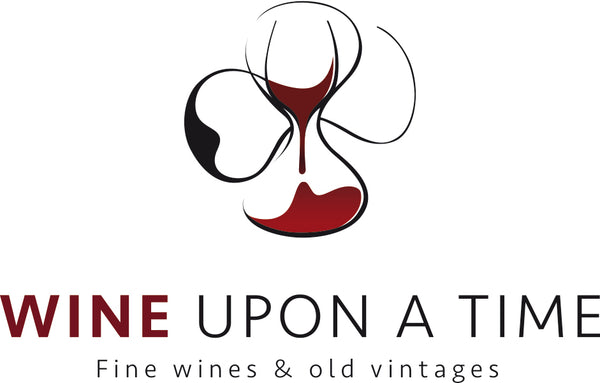It's a classic: you open a bottle you've been eagerly awaiting... and from the first whiff, something's off.
Don't panic — it's not your fault, nor the wine's. You may have just encountered the discreet but dreaded enemy: cork taint .
What is a corked wine?
A wine is said to be “corked” when it has been contaminated by a molecule called TCA (trichloroanisole) .
It usually comes from a cork stopper infected by microorganisms through contact with certain chemicals.
The result: this molecule diffuses into the wine and completely alters its aromas.
The problem can affect a great vintage as well as a simple table wine — no one is immune.
How to recognize a corked wine?
Here are the most common signs:
- The smell: a scent of damp cardboard, mold, a poorly ventilated cellar or old wet linen .
- Taste-wise: the wine seems flat, bitter, fruitless , with a dusty impression in the mouth.
-
Visually: nothing special — the color remains normal.
👉 The nose and mouth are therefore the only real clues.
Quick tip: if you're not sure, pour a little wine into another glass and leave it to breathe for a minute or two.
The flaw will not disappear: it will worsen. That's the sign.
Is it safe to drink corked wine?
Yes… but we get no pleasure from doing it.
The wine is not dangerous to health, but it is spoiled: the aromas of the fruit have disappeared, replaced by this persistent musty taste.
And once the wine is contaminated, nothing can "save" it : no aeration, no decanting, no prayer.
Can cork taint be avoided?
Not completely, because it's a defect related to the cork itself , not to the storage conditions.
But some practices reduce the risks:
- More and more sectors are adopting technical closures , screw caps or even glass stoppers , which are much more stable.
- Avoiding storing bottles in an overly humid or odorous environment limits other aromatic deviations, even if it does not change the TCA.
Cork taint remains an inherent risk in wine—frustrating, but natural. It serves as a reminder that behind every bottle lies an element of life and unpredictability.
And then what?
A corked wine is always frustrating. But it's also an opportunity to learn more about the fragility and magic of wine: a living, sensitive product, and never quite predictable.
So next time you open a bottle, take a moment to smell it before serving.
If it smells of fruit, spices or damp earth after the rain… you will know that this one, at least, has escaped the fate of the cork.





